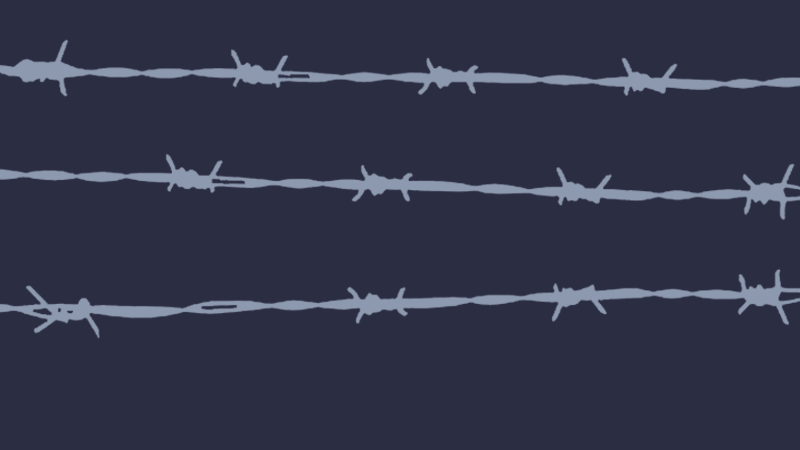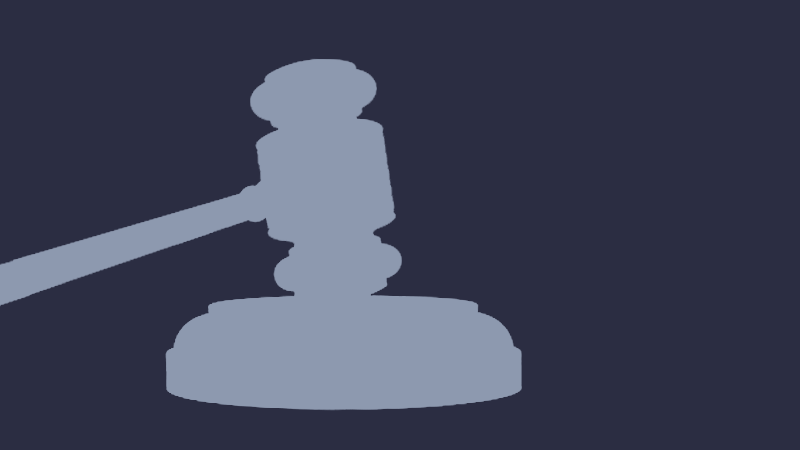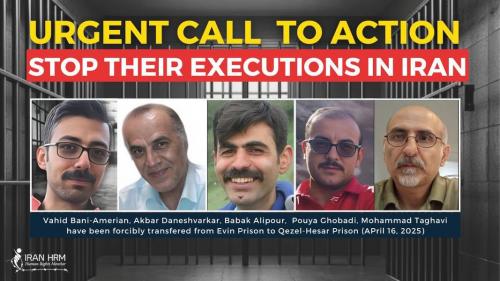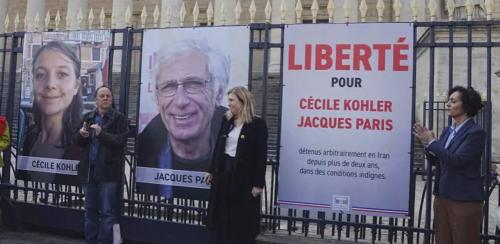14 August 2004 :
Dhananjay Chatterjee, 39, was hanged performing India's first execution in 9 years.Chatterjee has been in the Death Row cell since his conviction in 1991 on charges of raping and smothering Hetal Parekh, 14, who lived in the apartment building where he worked as a security guard.
During the intervening years, Chatterjee and his family have maintained his innocence, and lawyers filed appeals twice to the Supreme Court and sought clemency from two Indian presidents.
President A.P.J. Abdul Kalam turned down the final clemency plea last week and the Supreme Court rejected another appeal on August 11, saying it was without merit.
One of the grounds of the appeal was the long delay between Chatterjee's sentence and his scheduled date with the hangman.
No one at the Alipora Correction Home remembers the last time its gallows was used. So the iron lever and footboard had to be tested repeatedly, the rope waxed with soap and ripe bananas, explained Mullick.He carried out several trial hangings with sandbags weighing the same as Chatterjee. "Everything is working fine. There should be no problem," said Mullick, who has hanged 24 convicts.
"Criminals like Chatterjee ought to be hanged so that others don't commit such crimes," he said, running his fingers through his shiny silver hair. "I'm only making society safer."
The jail's superintendent, a magistrate, a doctor and an autopsy surgeon will be on hand.
Chatterjee's case has raised objections from human rights groups and intellectuals in West Bengal state, where Calcutta is the capital.
Hetal Parekh's family has been silent, but her old teachers, and schoolmates, now grown up, have repeatedly called for Chatterjee's death. Chatterjee's conviction was secured on the basis of circumstantial evidence. He fled and the victim's watch was found in his village.
Witnesses testified they saw him on the day of the murder go up to the apartment where Hetal lived, after school, when her parents were away. No DNA testing was available in 1991, but when it became possible later to do such tests, courts rejected the petition of Chatterjee's lawyers.
"The president has been unfair and unjust in rejecting my son's appeal," Chatterjee's father, Banshidhar, a 78-year-old priest, told reporters this week. "I don't understand how the president could do this to a poor man's son. He has already been in jail for 14 years."
(Sources: AP, 13/8/2004)











